Article Topics
Cannabis and Dementia: Are There Benefits
Introduction
Dementia is a debilitating disease that affects millions of people across the world. It’s estimated that more than 70 million people have dementia right now, with at least 10 million new cases being diagnosed each year. A common cause of dementia is Alzheimer’s disease, which causes a decline in memory functions and other cognitive abilities. Dementia can also result from other neurological diseases such as Parkinson’s or multiple sclerosis.
A growing body of scientific literature suggests that cannabis may be an effective treatment for both Alzheimer’s disease and other types of dementia by reducing inflammation in the brain and increasing dopamine levels—two processes believed to be integral to the development of these disorders.”””
Inflammation in the Brain
Inflammation is a normal response to injury or infection. When your body detects harmful substances, it sends white blood cells (also called leukocytes) to the site of injury. These cells release enzymes that cause swelling and pain while they help remove foreign objects from the area. Inflammation also triggers other processes that contribute to healing, including scar tissue formation, blood clotting and increased blood flow through damaged tissue.
However, inflammation can cause damage if it’s prolonged or excessive–and this can happen even if you don’t have an underlying condition like arthritis or lupus. Inflammation may be caused by smoking cigarettes; consuming alcohol excessively; experiencing chronic stress; having certain genes; eating foods high in sugar and fat; lacking exercise; being overweight/obese.
Insomnia Causes Inflammation, Inflammation May Cause Dementia
Insomnia is a risk factor for dementia. It’s also linked to inflammation, which can cause or contribute to the development of Alzheimer’s disease. So it makes sense that cannabis could be useful in treating both insomnia and inflammation–and thus be beneficial against dementia as well.
Cannabis has long been used as a sleep aid in Eastern medicine, but modern science has revealed that some cannabinoids, such as tetrahydocannabidiol (THC), cannabidiol (CBD), cannabinol (CBN) and Tetrahydrocannabinolic acid (THCa) to name a few may help with more than just your ability to fall asleep at night: it may also reduce symptoms of anxiety and depression by dampening down overactive brain activity during waking hours. This could be especially helpful for people who suffer from chronic pain or other conditions that make them feel anxious throughout their days; this kind of stress can interfere with getting enough restful sleep at night, too!
Here are some safe and tested products to look at.
Endocannabinoids are BFFs with Dopamine
Endocannabinoids are chemicals that interact with our body’s own cannabinoid receptors. These receptors are found throughout the brain and nervous system, and they help regulate important processes like mood, appetite and sleep and in turn helping with your immune system. Because endocannabinoids have an affinity for these receptors, they can influence dopamine levels in the brain.
Dopamine is a neurotransmitter–a chemical that transmits signals between neurons (nerve cells). It’s involved in many aspects of human behavior such as reward-seeking behavior, motivation and movement control. The role of dopamine in Parkinson’s disease and Dementia has been well-established; it regulates movement by inhibiting neurons from firing too quickly so that muscles don’t overreact to stimuli around them.
In addition to interacting directly with endocannabinoid receptors on neurons themselves, some scientists believe there may also be indirect effects on dopamine levels via other pathways such as those involving glutamate or serotonin (another neurotransmitter).
Dopamine is a Key Player in Alzheimer’s Disease
Dopamine is a neurotransmitter that plays a key role in the brain’s reward system, movement control system, and pleasure and reward centers. Dopamine deficiency can cause many symptoms including depression, lack of motivation or desire for pleasure (anhedonia), movement disorders like Parkinson’s disease, inability to experience pleasure from activities that normally give you joy (elevated stress response), difficulty sleeping or staying asleep (insomnia), excessive eating/weight gain/obesity as well as cognitive decline such as memory loss or dementia.
Cannabinoid compounds
Cannabinoids are a class of compounds that are found in the cannabis plant. The most well-known cannabinoid is tetrahydrocannabinol (THC), which is responsible for many of the psychoactive effects associated with marijuana use. However, there are over 140 + cannabinoids besides THC that all play a role in healing…bringing the body back to homeostasis aka balance.
Learn how cannabis can provide anti-inflammatory benefits and dopamine replacements for people with dementia.
- In the brain, cannabinoids act on the endocannabinoid system (ECS). This is a network of receptors and neurotransmitters that help regulate pain, inflammation, sleep and other functions.
- THC, CBD and THCa are all anti-inflammatory compounds found in cannabis. They can help with pain management by reducing swelling or inflammation caused by injury or disease; they also have an analgesic effect on nerve cells in your body that respond to heat or pressure stimuli.*
- Both THC and CBD may be able to improve sleep quality due to their relaxing effects on the central nervous system.*
Here are some safe and tested products to look at.
Conclusion
Hopefully, this article has given you some insight into how cannabis can benefit people with dementia. It’s not just about getting high; there are many health benefits that cannabis can provide, including anti-inflammatory properties and dopamine replacements. If you or anyone you know is suffering from dementia, please consider trying out some of these tips and treatments!
If you are looking to receive professional advice from cannabis-friendly medical professionals, look no further than our expertise here at United Patients Group. We are the leading source for patient information on medical marijuana featuring medical insights, reliable recommendations from industry experts, and lab-tested product reviews. Contact us today to book your first appointment with us.
You may be pleasantly surprised on all the benefits this plant has to offer.


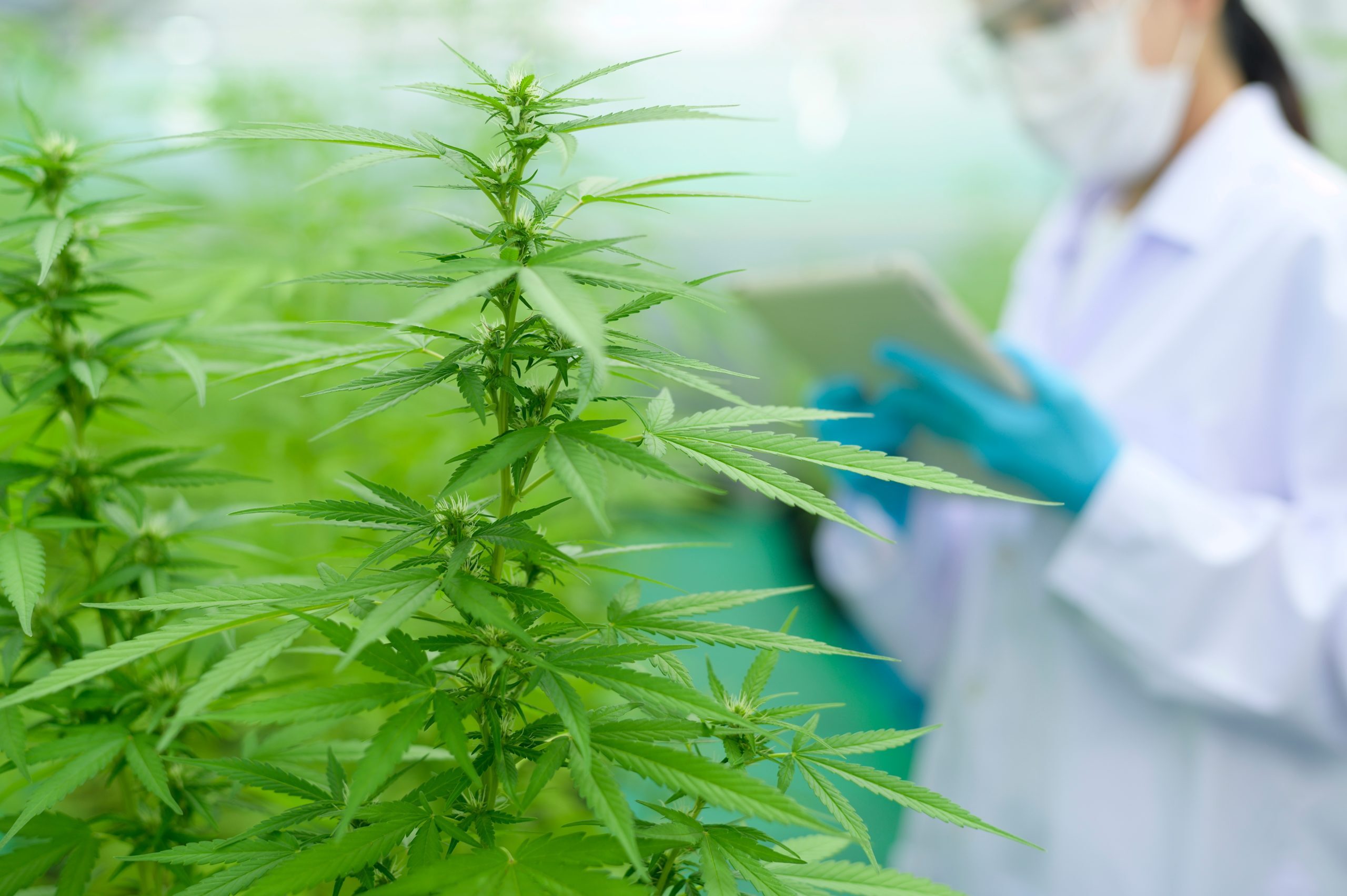

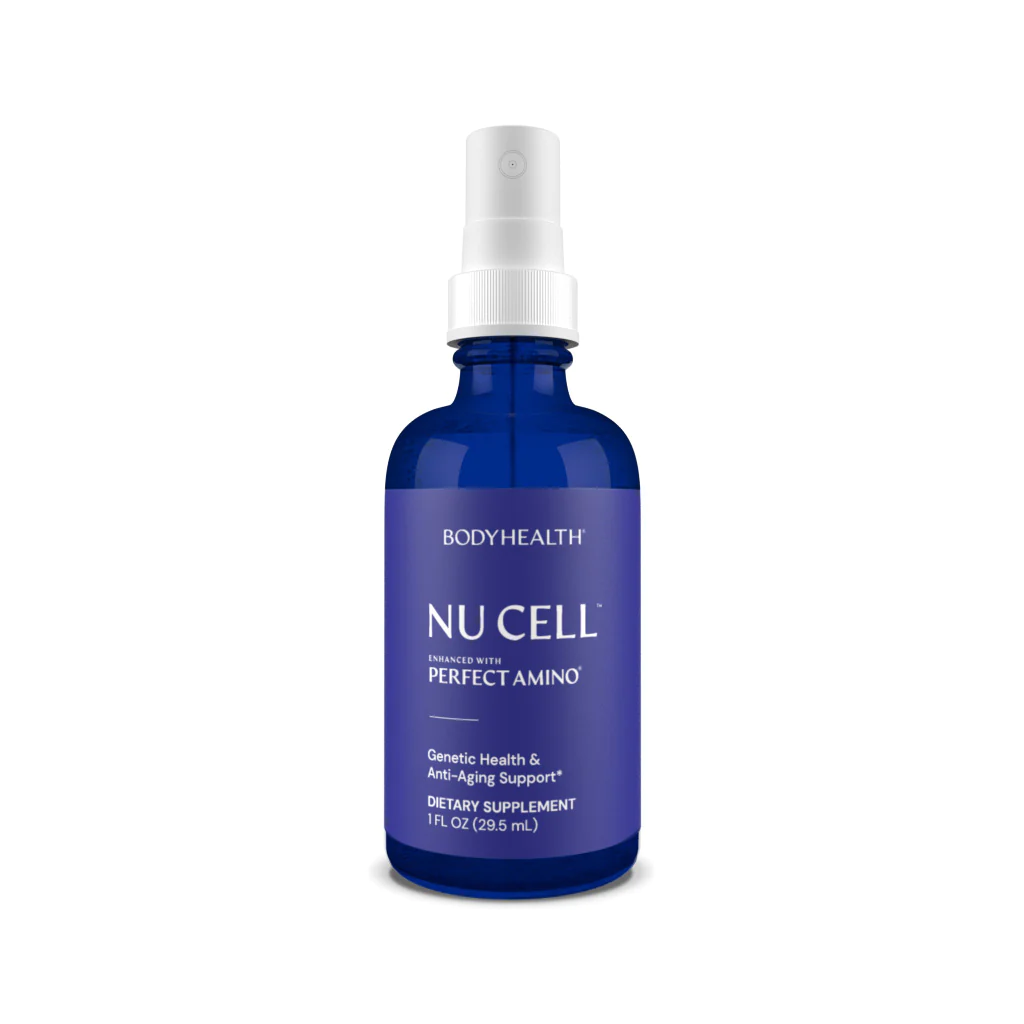

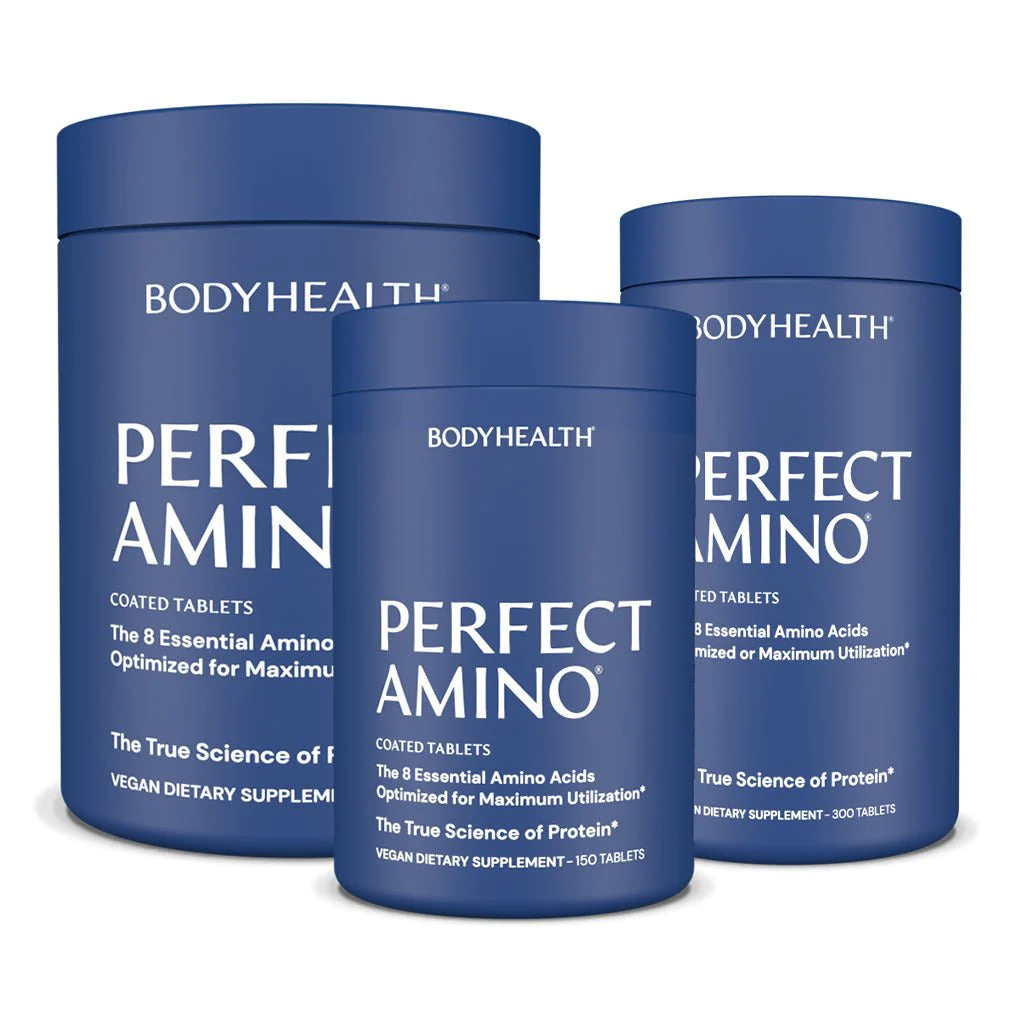
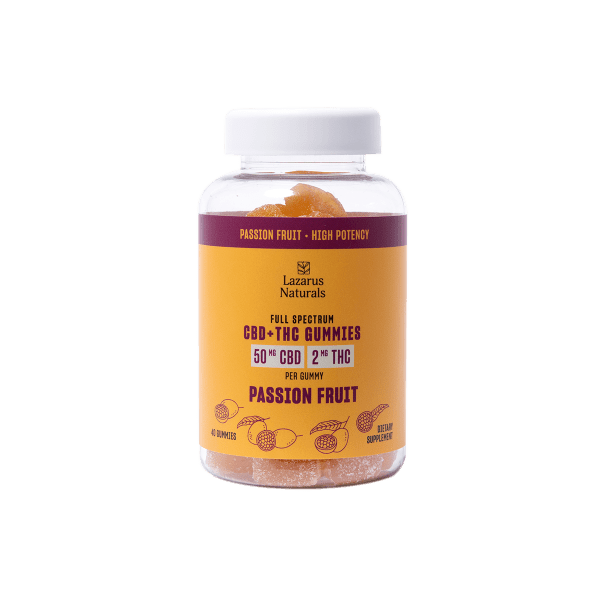


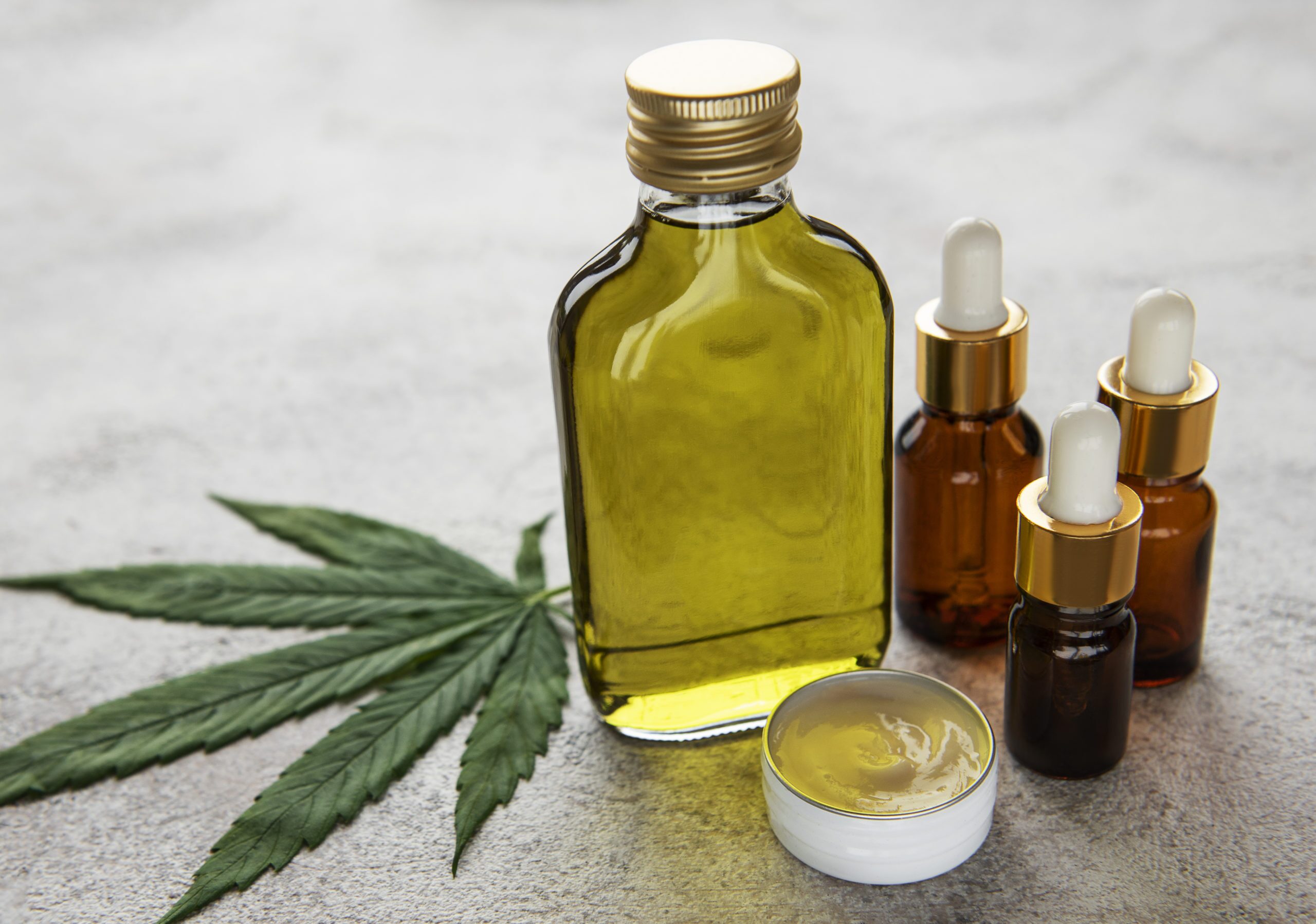


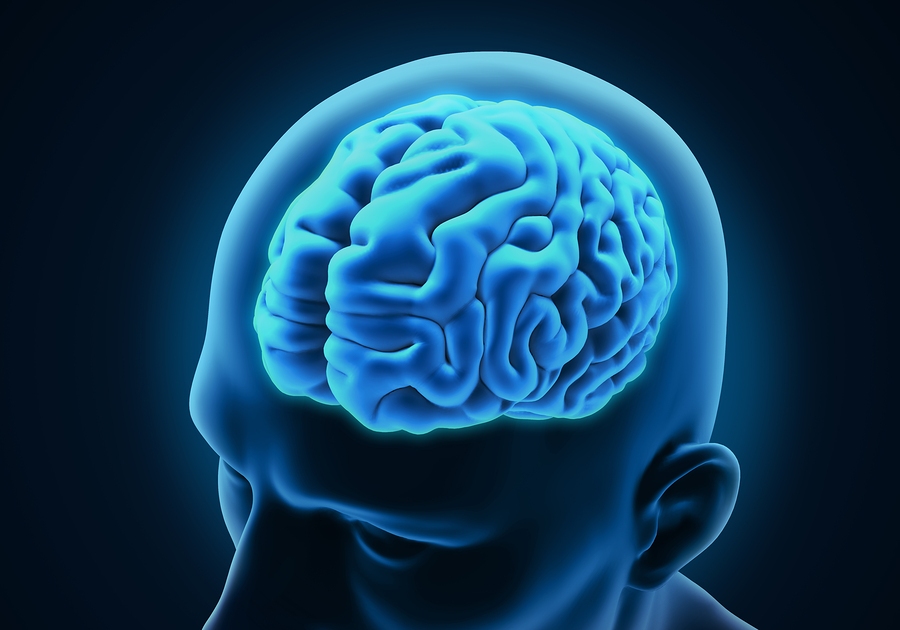
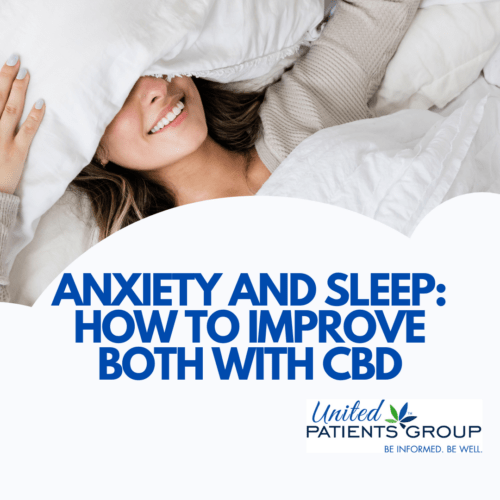
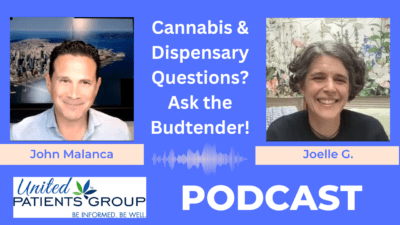
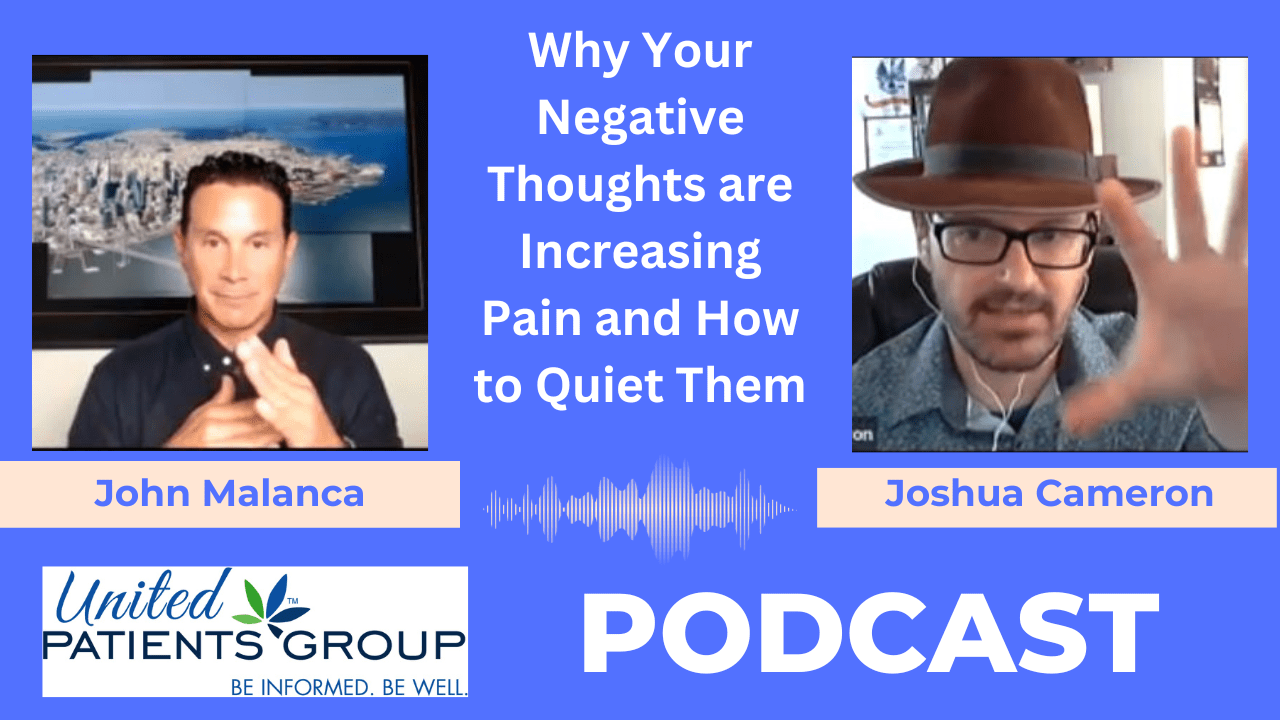

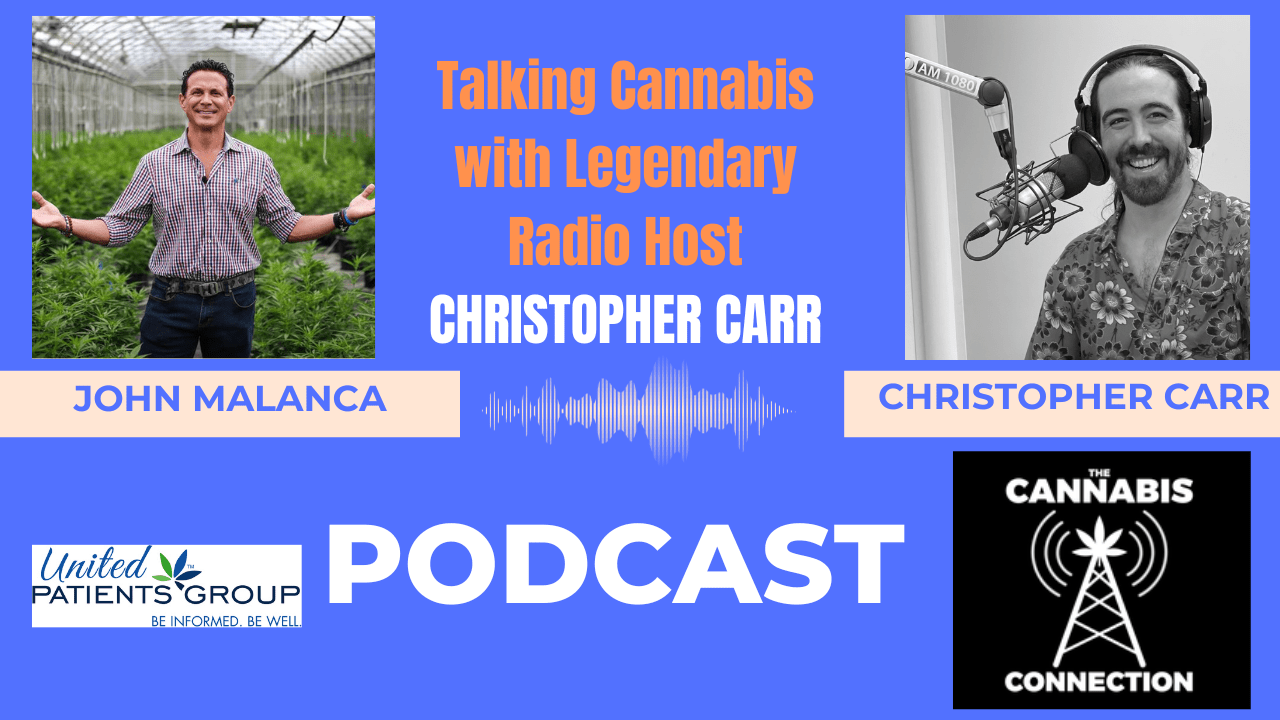

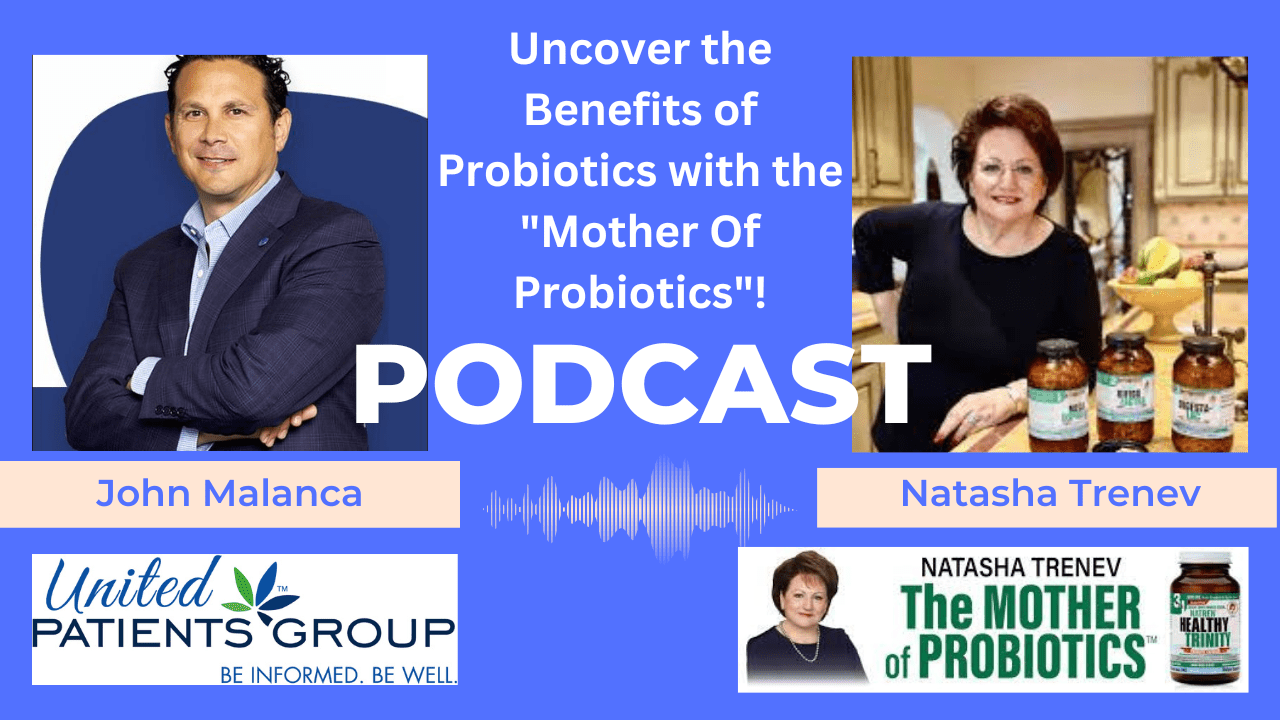


















Leave a Reply Cancel reply